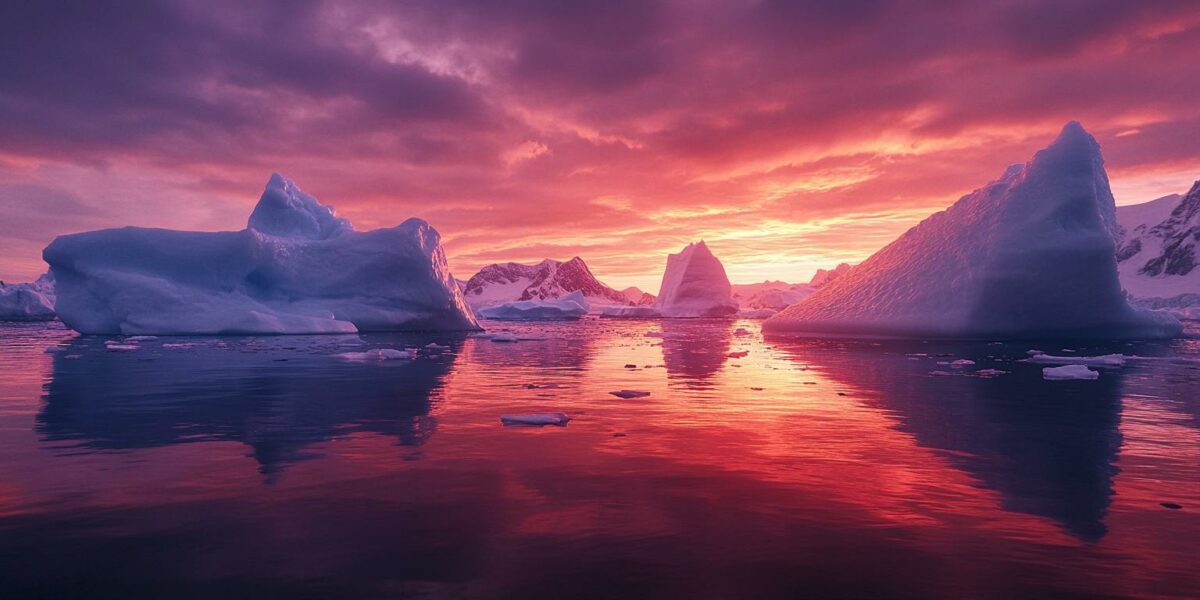Earth’s Rotation: Slowing Down
Have you noticed a slight delay in time? There’s a reason behind it. Our planet is rotating slower than it used to. This is similar to how a figure skater adjusts their spin by changing arm positions. The melting ice in Greenland and polar regions has caused water to move to the equator, affecting Earth’s rotation.
This shift in mass has, quite literally, put the brakes on our planet. Scientists like Duncan Agnew from UC San Diego note that these changes are unprecedented. “Global warming is managing to actually measurably affect the rotation of the entire Earth,” Agnew says.
The consequences of this phenomenon are complex. As the ice melts, the land beneath it rebounds and rises, causing Earth to become more spherical. This change tends to speed up the planet’s rotation, showcasing the dynamic relationship between climate and planetary mechanics.
Timekeepers have devised a solution to manage these changes: leap seconds. By adding or subtracting a second every few years, they ensure that our satellites and GPS systems remain accurate. This precision is vital for modern conveniences, from navigation systems to scientific measurements.
Wildfires: A Perpetual Threat
Our planet’s dynamic nature is both fascinating and challenging. The accumulation of greenhouse gases (GHG) is higher today than it has been in millions of years, leading to extreme weather events. The 2023 wildfire season in Canada is a stark example of this impact, with fires burning over 36 million acres of forest.
This cycle of hot, dry weather fueling massive forest fires creates a vicious feedback loop. The fires release enormous amounts of GHG, while the loss of trees reduces the planet’s capacity to absorb carbon dioxide, exacerbating global warming.
In 2023, these wildfires produced more GHG than the fossil fuel emissions of all but three countries: China, the U.S., and India. This underscores the urgent need for effective climate solutions to mitigate such devastating impacts.
Consider the following data:
- Canada’s 2023 wildfire season was the worst on record.
- More than 36 million acres of forest were burned.
- The fires released unprecedented levels of GHG.
Renewable Energy: A Beacon of Hope
Amidst these challenges, there are glimmers of hope. Indonesia has made significant strides by installing the world’s third-largest floating solar array. This 192-megawatt Cirata power plant spans 480 acres and represents a major step towards the nation’s goal of achieving net-zero emissions by 2060.
China, the largest source of GHG, is also making remarkable progress. The country is rapidly replacing coal with renewable energy sources. In 2023 alone, China installed more solar panels than the U.S. had in its entire history.
Globally, nearly two-thirds of large wind and solar projects under construction are in China. This is more than eight times the number of similar projects planned in the U.S. Such efforts are crucial in the global fight against climate change.
While China leads the charge in renewable energy, progress is being made in the U.S. as well. The country’s solar capacity continues to grow, offering a glimmer of hope in the battle against fossil fuel emissions.
The Path Forward
Despite these promising developments, much more needs to be done. The challenges posed by climate change are immense and require concerted global efforts. The recent advancements in renewable energy offer a glimpse of what is possible when nations commit to sustainable practices.
The dynamic nature of our planet ensures that the journey towards a sustainable future is both complex and exciting. As we continue to innovate and adapt, the hope is that we can mitigate the impacts of climate change and preserve our planet for future generations.
In summary, the interplay between Earth’s rotation, wildfires, and renewable energy highlights the intricate connections within our environment. By understanding and addressing these challenges, we can work towards a more sustainable and resilient future.
Our journey is far from over, but with continued dedication and innovation, we can make significant strides towards a healthier planet.



Chloe
Can we reverse this effect by reducing greenhouse gases, or is it too late?
JamesEnigma
Thnx for sharing this. It’s a wake-up call for all of us.
Aaron
How accurate are these measurements? Can we really notice the slowing down?
emma_essence
Does this mean our days will be longer in the future? Might need a longer lunch break! 😂
JeremiahSolar
Great article! This really puts things in perspective.
Bryson_Twilight
So, are we going to have to add more leap seconds in the future?
Caleb
It’s amazing how interconnected everything is. Thanks for the detailed explanation!
Alice
Wait, so climate change is affecting the Earth’s spin? That’s crazy!
jordan
Wow, this is mind-blowing! 🌍 How exactly do leap seconds work?